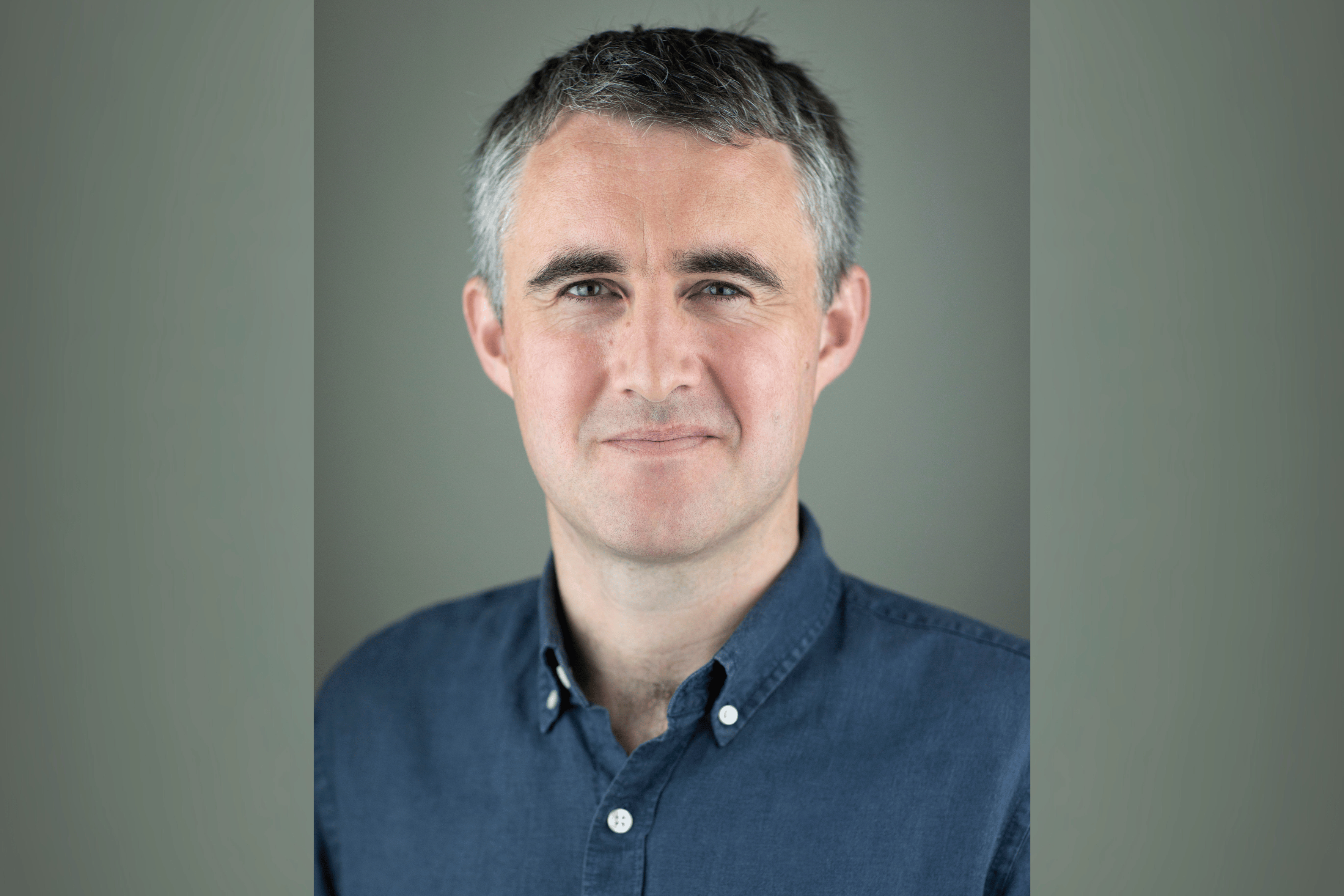
The LSE School of Public Policy (SPP) is delighted to announce the appointment of Professor Richard Davies as Professor in Practice.
Richard Davies is an economist and author. He currently teaches at the University of Chicago and runs their new Economics for Everyone initiative—a project providing open-access materials in order to broaden public engagement and understanding of economics. He is the founding director of the UK's Economics Observatory, holds a chair as the Professor of the Public Understanding of Economics at Bristol University and is a visiting Professor at the LSE Centre for Economic Performance. Before academia he worked in policy and journalism: he has been Chair of the Council of Economic Advisers at HM Treasury, an economist and speechwriter at the Bank of England, and economics editor of The Economist.
Richard's book Extreme Economies (2020) won the Lonely Planet/Stanford's prize for debut travel writing, and has been published in the UK , US, Japan, China, Korea and Taiwan. He wrote and edited The Economist’s Guide to Economics (2015), and his articles have featured in The New York Times, The Financial Times, The Guardian and The Sunday Times. He is committed to raising public engagement with economics and is director, with Professor Diane Coyle, of the annual Festival of Economics.
Also an active researcher, Richard is interested in using micro data to answer questions about aggregate puzzles, including those relating to inflation, productivity, and trade. His most recent paper, a collaboration with colleagues at the Resolution Foundation, tracks the decline in British dynamism and proposes policies to reinvigorate it. Previous work with LSE colleagues has identified the inflationary impact of trade policy in the UK. He studied economics at Oxford (PPE), the London School of Economics (MSc) and holds a PhD from New York University's Stern School of Business.
Richard will take on teaching duties in 2024. He also becomes the Director of the Growth Co-Lab, a research collaboration with Harvard University’s Growth Lab that provides advice to governments on inclusive growth practices, with recent projects in Namibia, Tanzania and South Africa.
Commenting on the appointment, Professor Davies said: “Economics faces a fundamental re-think in coming years as the forces we face—demographics, technology and inequality to name just three—really start to bite. The next generation—including the students at world class universities—are worried, and they are right to be. Thankfully, there is room for huge optimism: we already know that better policies can improve outcomes. Now it is time to tune economics to the realities of policy and politics in the way that the ‘political economy’ of old did. That means knitting together policymakers, academics and the public to build a shared understanding of a new model, fit for the 2030s. The LSE and the School of Public Policy—its history, its students, its faculty and its goals—is uniquely well placed to help achieve this. I am delighted to be joining.”
Professor Andrés Velasco, Dean of the LSE School of Public Policy, commented that “the School of Public Policy marks its 5th anniversary this year, and the appointment of Richard is another cause of celebration. Richard is a renowned economist and policy-maker of global reputation, and I am delighted that we are able to bring him to LSE. With his understanding of academic theory, and his outstanding experience of making and communicating policy, Richard will be a remarkable asset to the SPP. I’m also delighted that he will lead the Growth Co-Lab, working closely with our colleagues at Harvard University, to provide policy solutions to government and other policy actors worldwide.”
Richard’s research and writing can be found on his website.
For more about his book, see Extreme Economies.